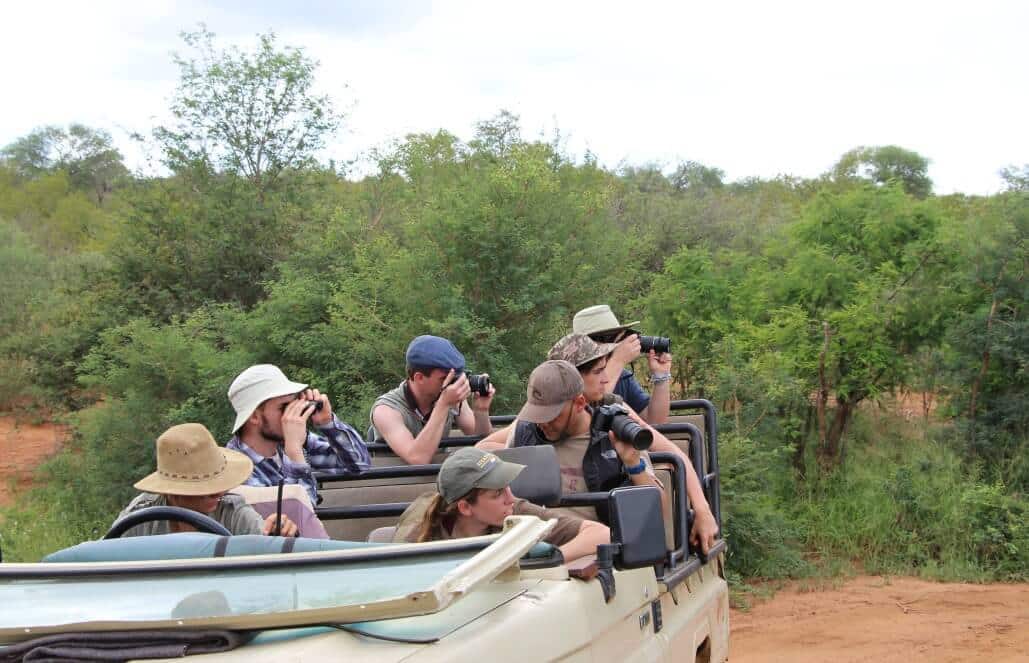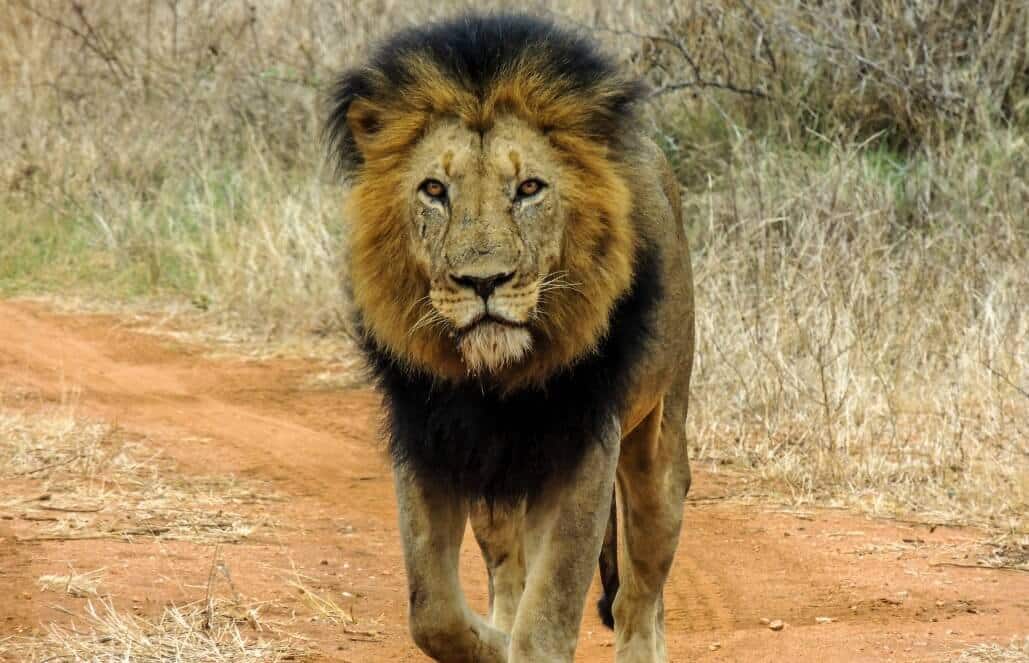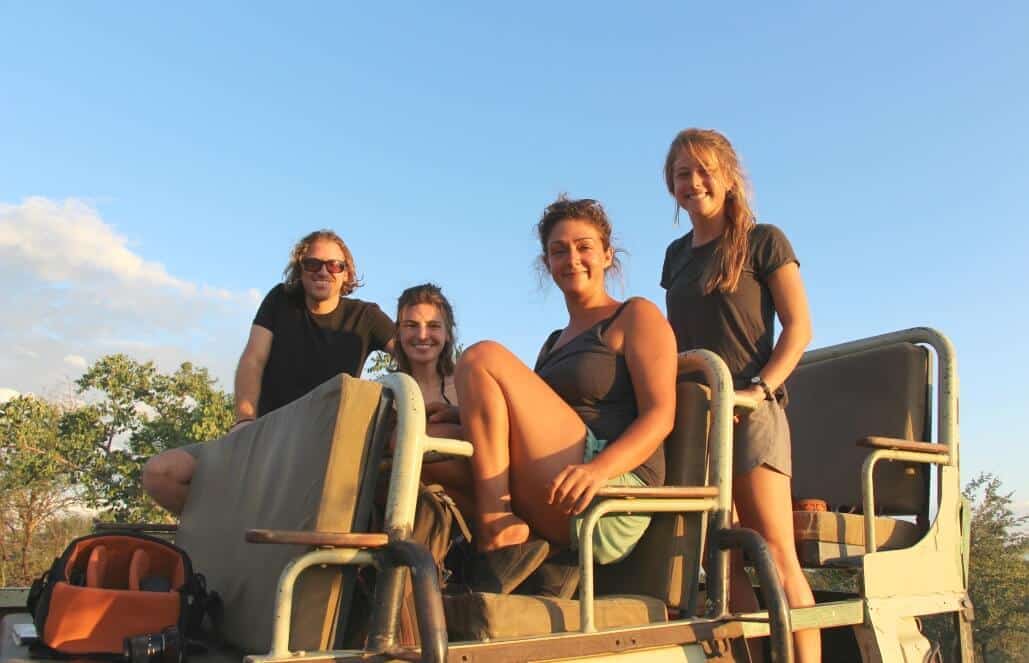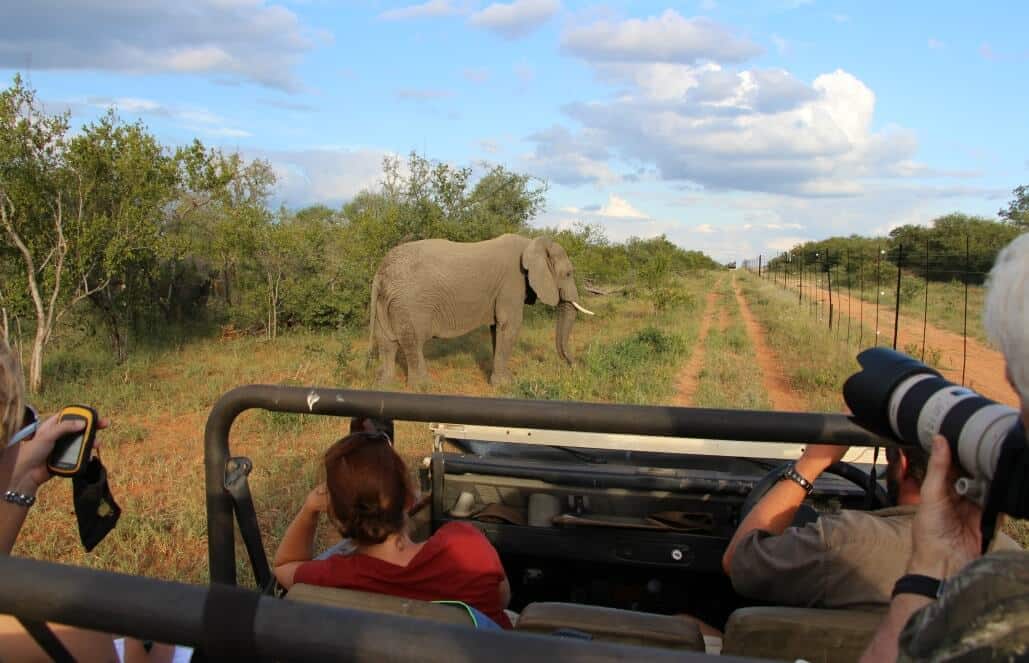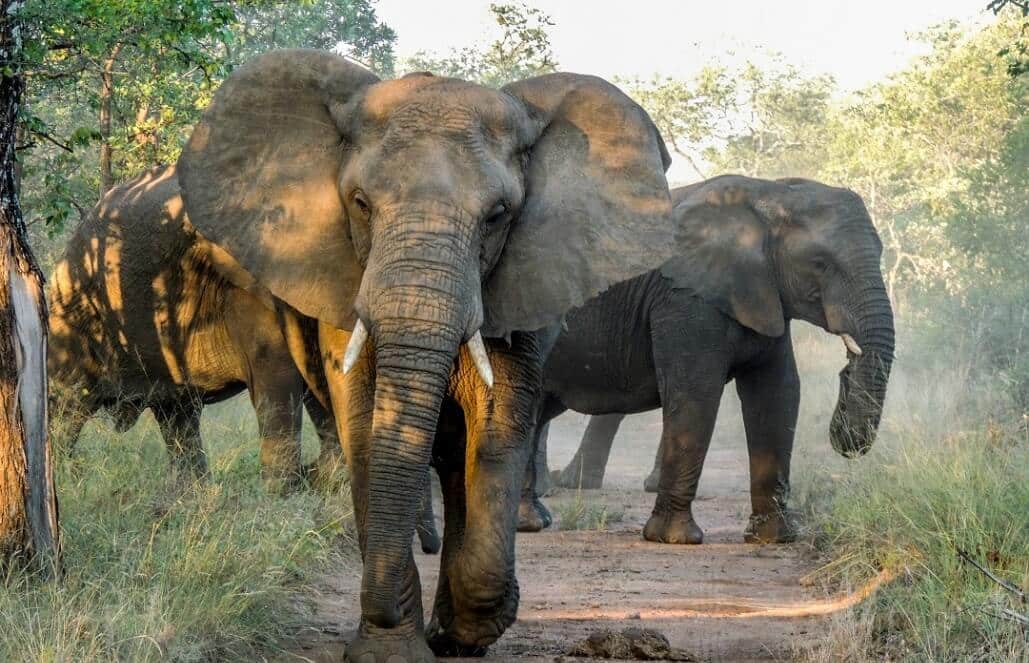Traveling through the bush on an African safari is an intoxicating idea, something many people wish to do in their free time while traveling. Toursim, however, has an environmental price, especially on natural habitats such as those in a safari, which are home to so many endangered species; regular tourism can deplete their resources and greatly shorten their lifespan, eternally damaging their environment.
Volunteering on a safari while simultaneously enjoying the splendors of tourist life is the most environmentally-friendly l way to travel and share spaces with majestic animals. Not only are you able to see wildlife in their natural habitats, but you will also aid in the safety of their lives, and collect research data that will help to improve wildlife conservation efforts as well as aid in the protection of the land.
1) Contribute to Wildlife Conservation Efforts
Conservation tasks of our Big 5 Wildlife Reserve in the Greater Kruger Area program for example, include capturing data for the reserve’s team for ongoing endangered species work and carrying out the physical work required to regenerate a natural environment for the animals. These physical tasks include preventing further soil erosion and removing old structures and alien plants that may be harmful to the animals.
2) The Most Cost-Effective Option
GoEco is the most cost-effective way to explore new places, especially South Africa, due to the combination of tourism and volunteering. Combining volunteering and tourism will give you the most-rounded insight into a new country, and you will leave with newly developed skills and having impacted a vulnerable area in a positive way.
Volunteering with GoEco in South Africa allows you to live in the African bush, right amongst the animals you are helping to protect and conserve. By living in a more rustic fashion, you will be saving large amounts of money while gaining a richer experience.
3) Ecotourism Benefits
Ecotourism is a rapidly growing industry especially in South Africa, creating roughly 5,000 jobs each year! This indicates there are incredible economic benefits that ecotourism brings to remote and impoverished areas. Through ecotourism, there is an emphasis on including locals to ensure they are benefitting from this economic growth, and ecotourism confirms this by incorporating the locals in economic endeavors.
It is often difficult to foresee the ecological impact of ecotourism because improvement is usually measured in development to the social and economic spheres of life. It is for this reason GoEco is the most suitable option for those looking to make a tangible impact on the environment of South Africa and the wildlife residing there. GoEco offers the best way to spend time exploring and working on a safari for a multitude of reasons. As aforementioned, ecological impacts to the environment and the wildlife is usually not a priority when measuring the impacts of ecotourism in an area, the social and economic impacts taking precedent. GoEco completely topples this system of measurement by placing a heavy emphasis on the data collection of animals in the Greater Kruger Area, making conservation projects to the environment and wildlife the most significant work they accomplish.
4) Protect Africa’s Big Five
There are five highly prominent game animals that roam the South African landscape: African lions, leopards, elephants, cape buffalos, and rhinos. These animals are not regarded as the Big Five due to their size, but because they are the most sought after animals for hunting. Hunters who manage to successfully hunt any of these animals are grossly rewarded, which gives incentive for more hunting. What used to be a place with an abundance of the Big Five is now an almost barren land, as all five of these animals are either endangered or their populations are extremely vulnerable.
While hunting of these animals is not prohibited, the industry is highly regulated, but the fear of poaching and population decrease has not ceased. Poaching the Big Five is definitely a concern that needs to be addressed when considering the conservation and preservation of these animals. However, what has been recorded as a larger threat to these animal species is the loss of their habitats due to climate change. The loss of these populations will cause a massive shift in the biodiversity of South Africa, which will have negative repercussions on human communities. The loss of habitats through ranching, fencing, mining, construction of roads, habitat cultivation and climate change jeopardize these animal populations the most, turning conservation efforts into a crucial aspect of the South African landscape.
GoEco’s volunteer opportunities attempt to curb the assault on these animals and their habitats. Our programs in the Greater Kruger Area are dedicated to collecting research data on the behavioral patterns and current population status of the Big Five and how they interact with their environment, while working to restore their natural habitats. GoEco is not only committed to conserving and keeping these animals safe, but restoring their habitats so these animals and humans may prosper together in the face of a rapidly changing planet. All of our projects in the Greater Kruger Area reflect an understanding that preserving these animal’s entails more than protecting them from poaching, but also rehabilitating their habitats to counteract the loss of their homes due to climate change which will ultimately benefit both humans and animals.


